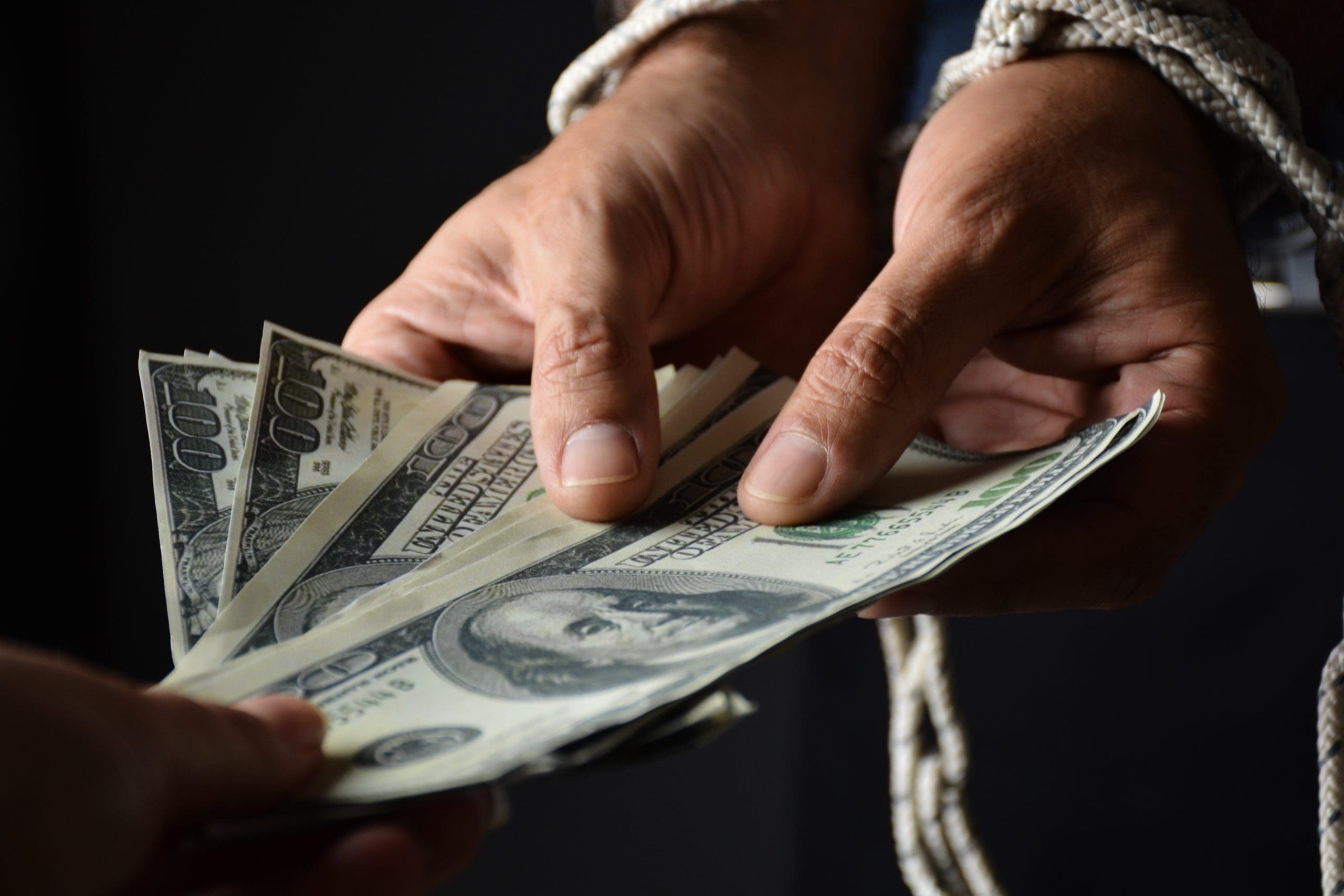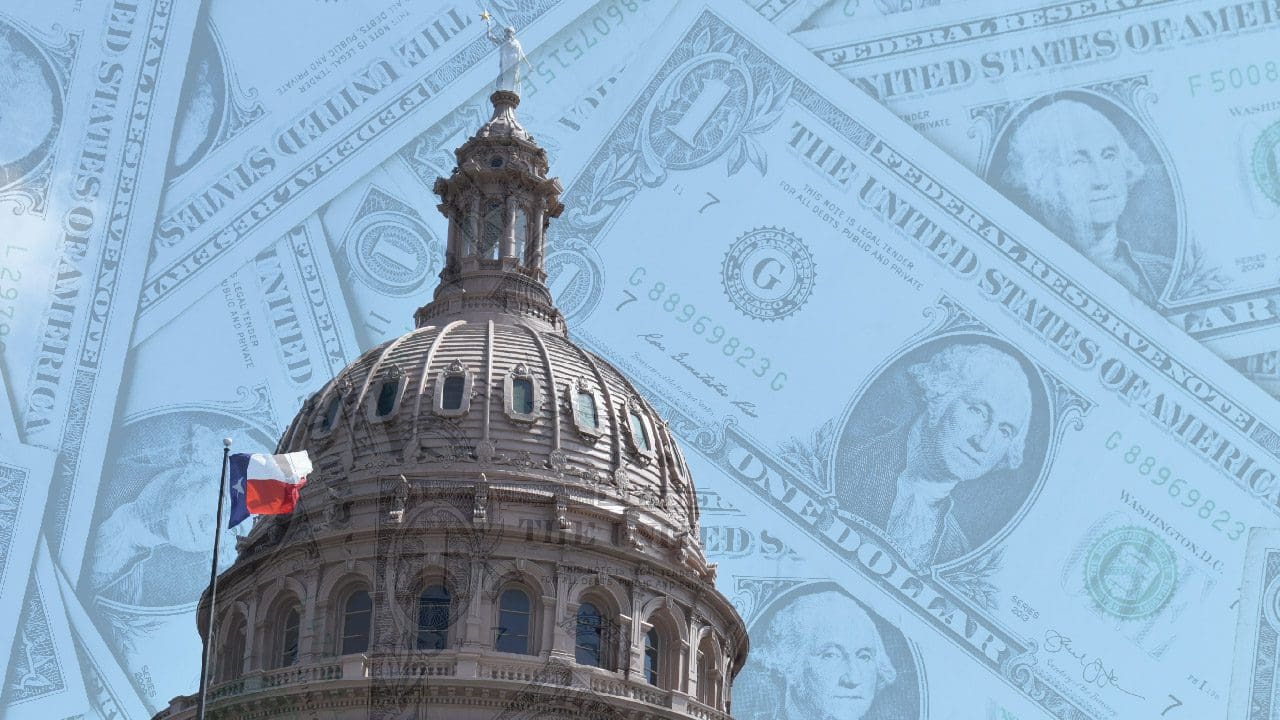As Texas businesses and consumers struggle with the rising costs of inflation, the Texas House Committee on Ways and Means is set to consider reviving a corporate welfare program that diverts tax dollars to “incentivize” select businesses.
On Thursday, the committee will be discussing Chapter 313 of the Texas Tax Code, which allows local school districts to offer large tax breaks—for up to 10 years—to select enterprises, including renewable energy companies.
The tax breaks come at no loss to the school districts. Instead, the state supplements the lost revenue to the districts from sales taxes and other state-collected taxes.
Tim Hardin, president of Texans for Fiscal Responsibility, maintains that “abatements allow large corporations and those with political influence to temporarily exempt a portion of their property’s value from taxation, a privilege not granted to Texas homeowners or the vast majority of businesses.”
Although the program has faced criticism from both sides of the aisle, with the Republican and Democrat Party platforms calling for an end to corporate welfare, Texas House Speaker Dade Phelan (R–Beaumont) has confirmed his support for Chapter 313 multiple times.
Chapter 313 faced particular criticism last year when it was found that many of the unreliable wind farms that failed during the February winter storm were beneficiaries of the scheme.
Currently, Chapter 313 is set to expire at the end of 2022 following two failed attempts by the Republican-dominated Legislature to save the program in the 2021 legislative session.
Outgoing Republican Caucus Chairman State Rep. Jim Murphy of Houston attempted to extend the program for 10 years and expand the types of projects eligible for the subsidies to existing companies that are simply doing “renovations, improvement, and modernization.”
When that bill was considered in the Texas House in May, a bipartisan group of lawmakers worked to gut it, stripping renovations from eligible projects and proposing voter approval of 313 projects.
Murphy deemed those changes unsuitable and postponed his bill beyond the House’s deadline, effectively killing the legislation.
State Rep. Morgan Meyer (R–Dallas), who is the current chairman of the House Ways and Means Committee, attempted to extend the program for another two years; this bill was approved by House members but met strong opposition in the Senate.
State Sen. Brian Birdwell (R–Granbury), who sponsored the bill in the Senate, amended it to extend the program for three years, to 2025. During a committee hearing, however, State Sen. Lois Kolkhorst (R–Brenham) blasted the program as having “run amok,” adding that she believed it was “time to start over with an absolute clean slate.”
Although the bill made it out of committee in the Senate, it never received a vote.
“Texas taxpayers shouldn’t be stuck with increased tax bills in order to carry the cost of well-connected businesses,” said Hardin. “Instead, they should demand the Texas Legislature let these programs expire and encourage local governments to compete for business by cutting taxes and red tape rather than picking winners and losers.”
Concerned citizens can watch the live hearing on Thursday, find instructions for testifying, and submit comments electronically.




